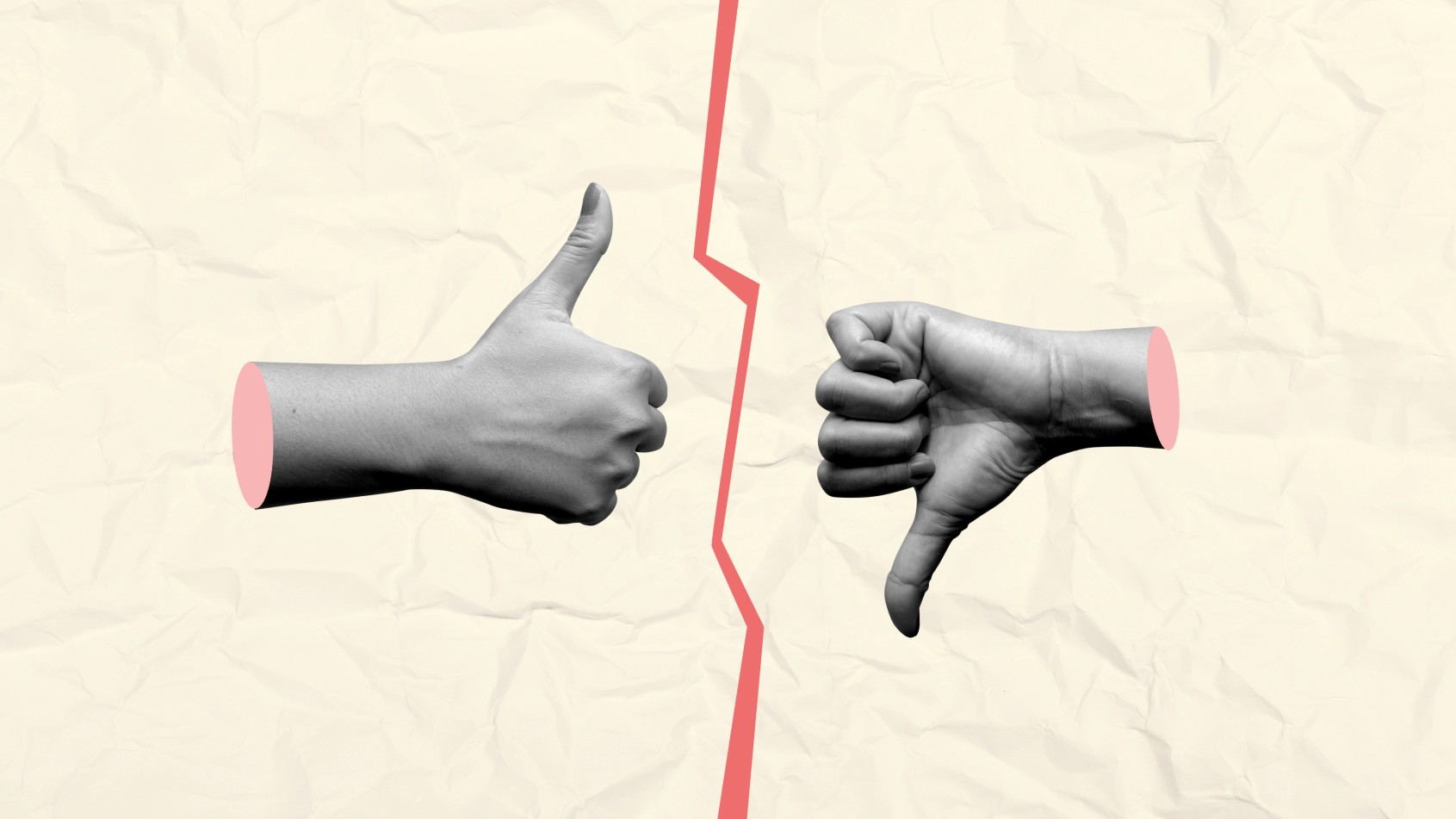The economy is a 30 year underlying anxiety.
Matt Bai: I mean it’s funny. I did a TV show recently. I rarely do TV. I think it’s pretty corrosive for journalists – print journalists like myself. But I did This Week, which is a great show and a cool . . . you know it’s a cool venue. And . . . and Bob Reisch was on one side of me and George Will was on the other, and they were having an argument about the economy. And George Will was saying, “Look at the Stock Market and look at the indicators. The economy is terrific. The economy is not an issue in this campaign.” And Bob Reisch was saying, “Look at inequality, and look at the housing market. I’m telling you the economy . . . people are anxious. The economy is going to be a big issue in the campaign.” What I was thinking to myself but did not have the courage nor the time to say is, you know, “You guys don’t get it.” It’s not the market indicator. It’s not the housing slump. And it’s not the Stock Market today, or six months from now, or six . . . There is a 30-year underlying anxiety . . . And by the way I think Bob Reisch does get this. I wanna be fair. There’s a 30-year underlying anxiety in American life about economic opportunity. And it’s not dependent on the indicators of the day. And when gas prices go up, it gets a little bit worse. And when gas prices go down it might get a little bit better. But generally speaking there are . . . You know we’ve had for, you know, two generations essentially a deep fear about what economic changes is wreaking on the society and . . . and . . . and what it means for their children. Because that is really the American ethos. It sound like a cliché, but if you tell people who work in mines or who work industrial jobs that their income potential . . . that their personal potential is gonna be limited, but their children’s will not, they’re okay. They would take that I think. We all care about the opportunities our kids have. It’s why we’re here. It’s the deepest thing we hold about the American ideal. We’ve made it into a cliché of the American dream, but it’s not a cliché. It’s actually a deeply held value. And people have great anxiety about it. And it’s the issue in every campaign, and it’s going to be the issue in this campaign as well. And . . . and . . . and so will foreign policy, because I think September 11th is a defining event in some way. A lot of Democrats don’t think it is. I think it is. I think because people do feel a sense that what happens in the world now affects them. And this is really the thread that runs through all these sort of emerging issues - economically and foreign policies – where we’ve now entered a time in American life for all the reasons we talked about – technologically and socially – where we no longer dictate all the terms. We’re not self-sufficient. We actually are affected by what some . . . you know a bunch of homicidal terrorists hatch up in an apartment in Berlin or Bond somewhere. We’re actually affected by the economic policy that China pursues, or that Venezuela pursues. And so you know it’s a very insecure time because we’re used to dictating the terms to everybody else militarily and economically. And the question is for leaders in this country is what are you gonna do about that? What’s your vision for adapting to it? And what’s missing from the campaign is any greater discussion of what that change looks like. It’s any hard truths. It’s any . . . any answer for any problem that might not immediately be popular with the broader swath of people. That’s what’s missing.
Recorded on: 12/13/07






